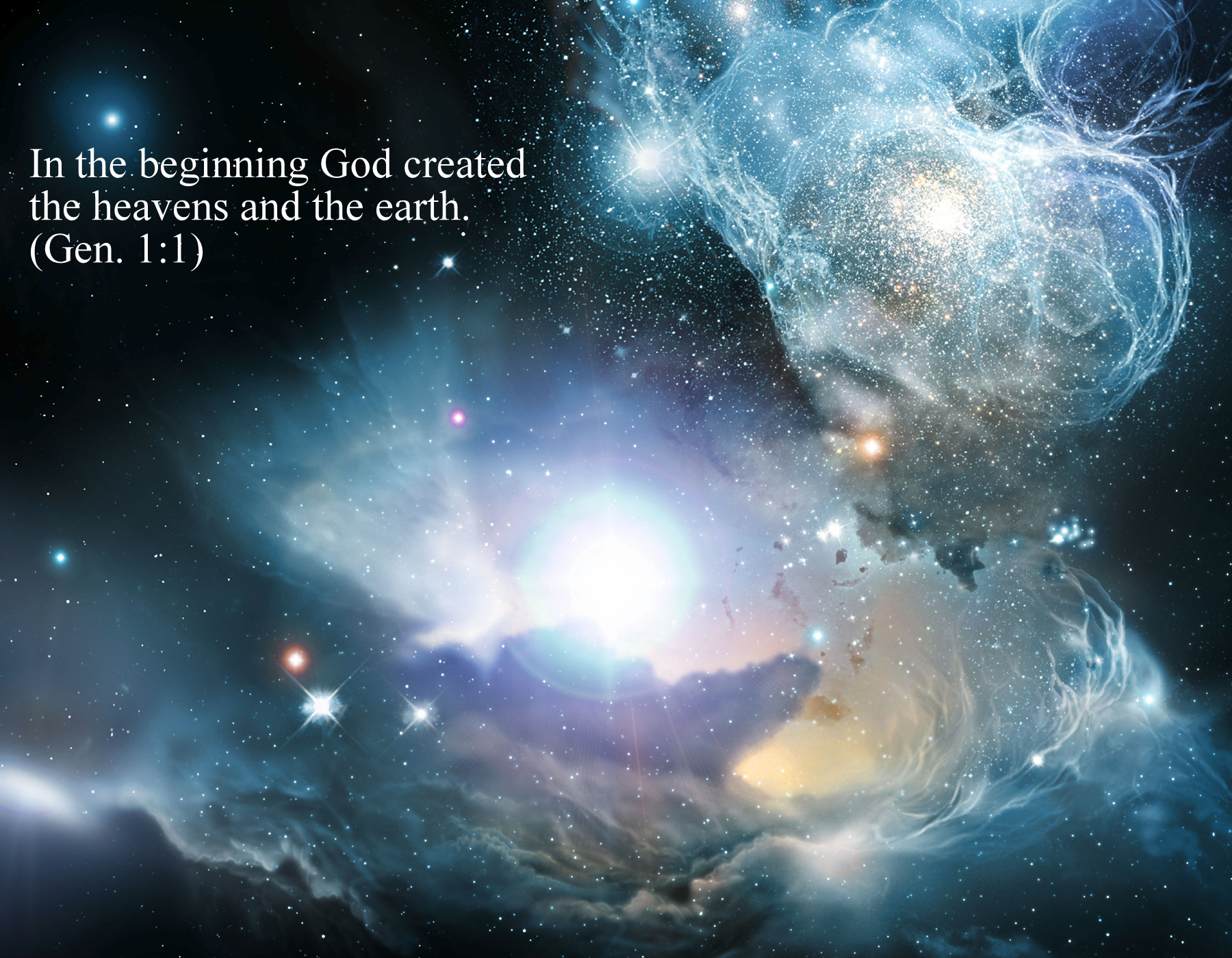
1 Timothy 6:16 "who alone possesses immortality and dwells in unapproachable light, whom no man has seen or can see. To Him be honor and eternal dominion! Amen."
Purpose of today’s post:
Today’s post will focus upon God’s “attributes”. If you were to take out your license, you would find basic descriptions or “attributes” about yourself. An attribute is a trait which designates a person or object. We can use a little phrase to summarize this part of our discussion, “what God is”. In the course of this post, we’ll use two categories for talking about God’s attributes:
1. God’s “communicable attributes”
(traits He shares with us).
2. God's “incommunicable attributes”
(traits unique to God and unshared
with creatures).
In Exodus 34:1-8, God revealed to Moses “what He is” – listing His attributes – resulting in Moses’ promptness to worship Him.
Thinking about the God that reveals Himself
Four truths stand out about our physical world: it could had been different than what it is and, it had a beginning, the cause to our universe must exist and, there must be a cause to our world that had no beginning. These ideas direct us to starting points for thinking of God. This God has made known what was otherwise unknown to His creatures in activities called, “revelation”. Below we consider two types of revelation.
God is the kind of God that reveals Himself generally in creation and specifically in scripture and through Jesus Christ.
Biblical passages such as Psalm 19:1-6 and Romans 1:18-20 and 2:14-15 describe how God reveals or “unveils” truths about Himself through all He has created and our human consciences. Such revelation from God through the created realm is what we call: “general revelation”. The task of drawing-out thoughts and assembling them together to describe what we see from such “general revelation” is called: “natural theology”. All human beings, regardless of where they live or what they believe, have such “in-built” knowledge about God (see Psalm 19:1-6; Romans 1:20-21). General revelation, shining upon the reason of man with such an innate knowledge about God, reveals the following attributes:
1. God is spirit or immaterial, non-
physical (Acts 17:25-30).
2. God is invisible (Romans 1:20).
3. God is incomprehensible yet
knowable (Job 11:7-8).
4. God is omnipotent or all-powerful
(Romans 1:20).
5. God is good, the source of moral
values and duties (Matthew 5:45;
Romans 2:14-15).
6. God is Personal, since a mind is
required to make a world that is
understandable (Psalm 8:1-4).
7. God is transcendent, or beyond the
creation as to His Divine life
Jeremiah 23:24).
8. God is immanent, or is “near” in the
sense of us have no ability to escape
Him (139:1-7).
9. God is just, placing us as moral
creatures in obligation to Himself
(Romans 1:18-19).
10. God is the Creator, eternal,
unending, making all that is made
from nothing (1 Corinthians 8:6).
God’s attributes or “perfections” are known intuitively by all people. Sadly, like a pressed-down spring, mankind “suppresses” what He knows, living in spiritual-denial. Often in moral situations, mankind’s knowledge of God will “slip-out”, betraying his claims to ignorance. This is “what God is” at the level of general revelation. Both scripture and Christ are collectively termed: “special revelation”, meaning, there is “specific revelation” God has given of Himself in them. In addition to the above perfections, the Bible and the Lord Jesus Christ speak of other truths concerning God.
1. God is Holy, set apart in a unique
way from everything (Psalm 99;
Isaiah 6).
2. God is good, that is, He is most
excellent in and of Himself (Psalm
136; Mark 10:18).
3. God is self-sufficient, independent,
or what Bible teachers call, “aseity”
(Isaiah 43:10-
11; 44:6).
4. God is love, that is, He is self-giving
of Himself for others enjoyment (1
John 4:8).
5. God is merciful, not giving to us
what we otherwise deserve (James
5:11).
6. God is gracious, giving us what we
don’t deserve (Titus 2:11-12).
7. God is long-suffering, withholding
wrath to give room for repentance
(2 Peter 3:9)
8. God is jealous, that is, He is
passionate for His character to be
upheld (Exodus 34:14).
9. God is wrath, which means He
constantly opposes sin (Nahum 1:2;
Romans 1:18).
10. God is One, unified in His being
and attributes (Deuteronomy 6:4-
5).
11. God is Sovereign, exercising His
comprehensive right-to-reign over
all things (Psalm 103:20; Romans
11:36).
12. God is wise, exercising His
knowledge and power to bring
about the most excellent
ends by the most appropriate
means (1 Timothy 6:16).
13. God is immutable, that is, He is
unchanging in His essence (Mal.
3:6; Heb. 13:8).
Author J.I. Packer notes on page 18 of his classic book, “Knowing God”: “How can we turn our knowledge about God into knowledge of God? The rule for doing this is demanding but simple. It is that we turn each truth that we learn about God into matter for meditation before God, leading to prayer and praise to God.”
Applications for your life:
1. Take time this month to look up the
passages listed with the above
attributes. Use them in prayer and
watch how your prayers become
more focused.
2. Pray God would use general
revelation to shed new light into the
hearts of your unsaved loved-ones,
friends, co-workers, so they would
have a readiness for the special
revelation of His Word.







